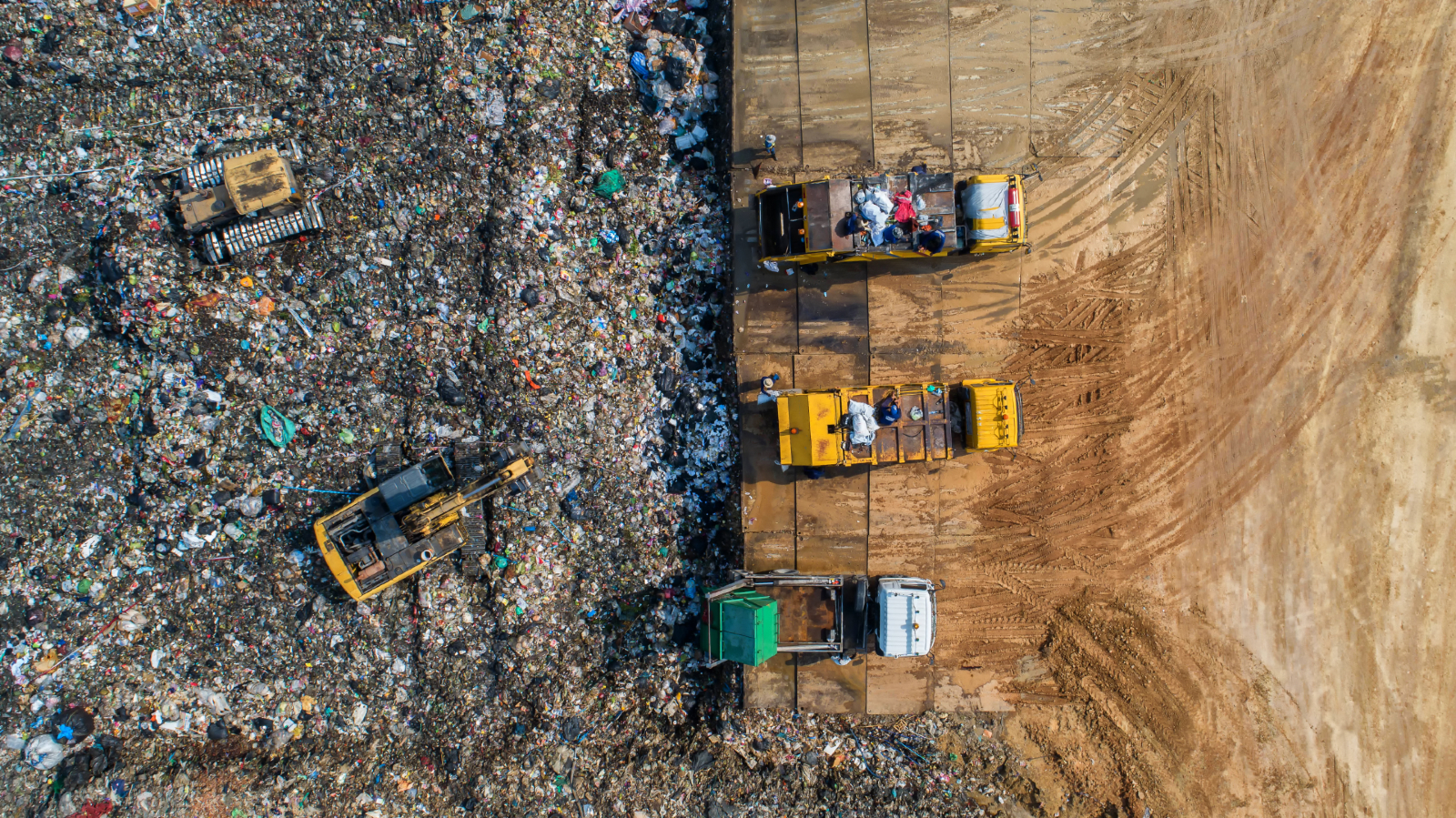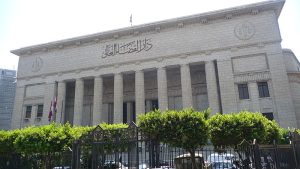The long-awaited executive regulations (the “Executive Regulations”) have been issued following almost two years since the issuance of the law promulgating the waste management law by virtue of Law No. 2022 for 2020 (the “WM Law”), in order to further explain, elaborate and add new elements to the framework of the WM Law.
The Executive Regulations have been issued by virtue of Cabinet Decree No. 722 for 2022, were published in the Official Gazette on 22 February 2022 and came into force on the next day. Their detailed provisions introduce the implementation mechanism of the WM Law, the roles and responsibilities of the competent entities related to the implementation of the WM Law, provide the requirements for undertaking waste management activities and establish an incentives system for polluters.
The Executive Regulations provide for a grace period of one year from the date of entry into force for the relevant entities to comply with the provisions of the same.
Below are the key highlights of the Executive Regulations.
Competent Authorities and their Roles:
The WM Law and the Executive Regulations address the different public and private sector entities engaged in waste management. We shall outline them as follows:
Waste Management Regulatory Agency (the “Agency”): the Agency has multiple roles including, inter alia, the management and organization of the activities of the integrated waste management systems of all kinds, and following up on the implementation of said systems, in addition to preparing the national strategy for integrated waste management in cooperation with the competent ministries and authorities.
Waste generators: the waste generators shall safely dispose of the waste of their facilities, projects or establishments after the delivery or the initial operation of new or renovated projects or after the end of the works generating waste, provided that it does not exceed 20 days starting from the date of delivery or initial operation of the project or works in the event that these wastes are found outside the limits of these establishments or projects.
Waste importers/exporters: the importers and exporters of waste are subject to a license from the Agency.
The New Urban Communities Authority: it is responsible for fostering the management of non-hazardous materials, whether municipal, industrial, agricultural, demolition, construction waste or their equivalent.
General Provisions of the Types of Wastes
The Executive Regulations highlight the obligation of entities to safely dispose of waste within specific timelines. Further, the Executive Regulations provide license requirement for the management of specific types of waste such as hazardous waste.
Regarding hazardous waste, a technical committee shall be formed by virtue of a decision from the Minister of Environment to be concerned with hazardous substances and composed of representatives from the ministries of local development, trade and industry, housing, defense, interior, electricity, health and all other economic sectors related to sound environmental management of hazardous substances. The said committee shall issue and revise unified lists of such substances, lay down controls and conditions for their circulation and integrated management, and limiting their generation. Every ministry shall have the right to issue the licenses required for handling the hazardous substances according to the activity of each separate establishment.
Concerning non-hazardous waste, the Executive Regulations provide that, entities should obtain a license from the Agency for undertaking any of the activities of the integrated management of non-hazardous waste.
Granting Environmental Incentives
The Executive Regulations established numerous incentive systems for the entities to reduce their pollutions or pay a price – of any kind – for the damages the polluters cause to the planet.
On this note, the Executive Regulations require the Agency to establish sustainable development mechanisms for monitoring, control, enforcement, compliance and implementation of the “polluter pays” principle by imposing fines and penalties on waste generators and possessors in a manner that contradicts environmental terms and conditions provided by the Executive Regulations.
On the other hand, the Ministry of Environment shall issue a list of the best establishments and companies that support the integrated waste management at the end of each year. The list shall be published on the websites of the Ministry of Environment and the Agency.
In addition to the above, the Green Symbol is a certificate granted to manufactures by the Agency providing that their products are manufactured in a way that limits the generation of waste or helps to recycle them after consumption, so that the mark is placed on the products to introduce the consumer to environmentally friendly products. The Regulations attach the terms and requirements of obtaining such symbols and certificates.
The mechanisms will act as an incentive for the entities in the public and private sectors to reduce their pollution emissions and to use recyclable products. The entities have the choice, whether to reduce their pollution emissions or to pay for the damage they caused to the natural environment. Additionally, the publication system will act as a social incentive which will cause the entities to reduce their pollution rate and respect the WM Law and Executive Regulations in order to have their names published on the best establishments’ list which will serve as positive publicity for the said entities, and the Green Symbol system will serve as a similar incentive.
Establishment of Appeal Committee
The Executive Regulations provide for the establishment of an appeal committee within the Agency. The appeal committee is competent to hear the challenges resulting from the implementation of the WM Law and the Executive Regulations.
Market Reaction
The Minister of Environment, Dr. Yasmine Fouad, explained before the Energy and Environment Committee in the Parliament that the WM Law and the Executive Regulations contain articles detailing the economic tools presented to attract investment in the field of waste management and ways to empower the private sector so that the environment is not an obstacle to investment.



